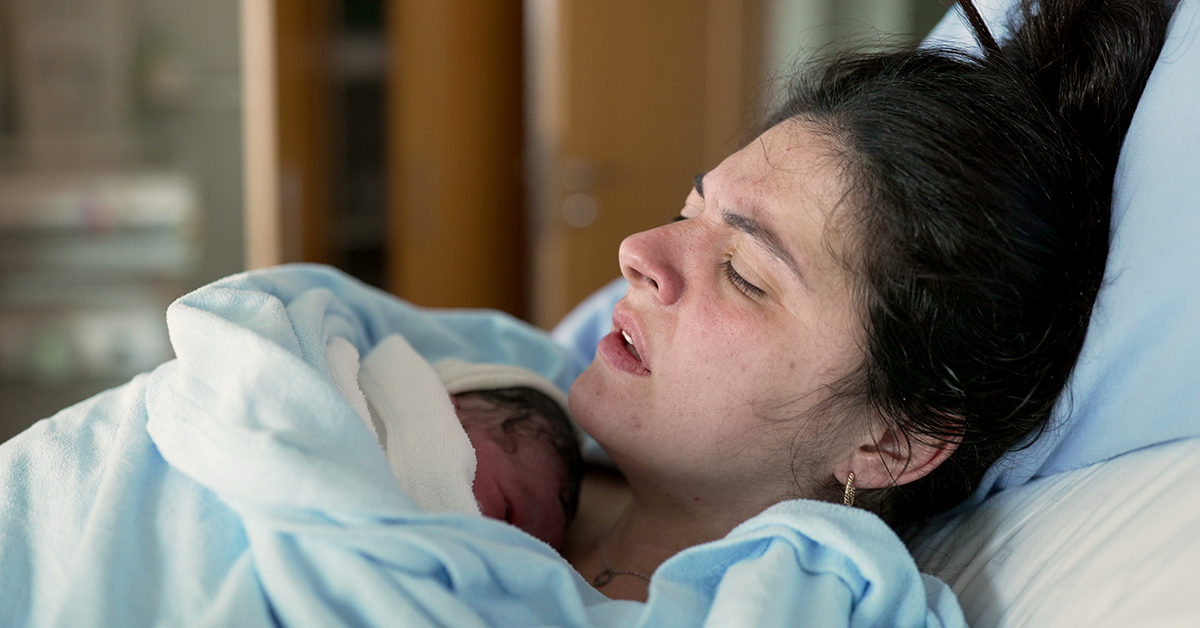Smartphones are used worldwide for various reasons. They help us stay connected with the world through social media and other channels and keep us safe and updated.
Social media helps us stay connected and share personal updates with friends and family. These platforms offer a myriad of benefits, but for those involved in personal injury claims, they can pose significant risks.
Regarding personal injury cases, it is advisable to maintain a reasonable distance from social media, as a single post, photo, content, or interaction on any social media platform can either support or undermine your case. According to reports by the American Bar Association, the use of social media has a major impact on personal injury cases.
What you post on social media can affect your injury case – positively or negatively. Therefore, it is essential to understand the impact of social media on your personal injury case and know when to hire a personal injury lawyer.
Understanding the Risks of Social Media
Social media poses a risk for your personal injury claims. Insurance companies and lawyers might investigate your posts to undermine your case.
-
Potential Evidence Against You
Social media posts, photos, and comments can be used as evidence against you in a personal injury claim. Insurance companies and defense attorneys often explore social media profiles to find information contradicting your injury claims.
-
Privacy Concerns
Even if your profiles are private, information can still be accessed through friends or public posts. Once something is online, it can be challenging to control its circulation.
-
Inadvertent Admissions
Casual posts can be misinterpreted or used to suggest that your injuries are not as severe as claimed. Even expressing frustration or making jokes can have a negative impact.
Why Do Social Media Matters in Personal Injury Claims
-
Public Access:
Insurance companies, attorneys, and even opposing parties can access anything you post online. This can be used to challenge the validity of your claim.
-
Evidence Gathering:
Posts, photos, and comments can be collected as evidence to argue that your injuries are not as severe as you claim.
-
Perception of Truthfulness:
Inconsistencies between your online presence and your injury claims can damage your credibility.
Dos of Social Media Use During a Personal Injury Claim
1. Set Profiles to Private
While it does not guarantee complete privacy, setting your social media profiles to private can add a layer of protection. It makes accessing your information more challenging for insurance companies and defense attorneys.
2. Be Mindful of Your Posts
Think carefully before posting anything online. Even seemingly harmless content can be used against you. Avoid posting about your accident, injuries, or activities that could be misinterpreted.
3. Monitor Tags and Mentions
Ask friends and family not to tag you in posts or photos without your permission. Check regularly to make sure nothing embarrassing is being shared about you.
4. Consult Your Attorney
Discuss your social media use with your attorney. A Boston personal injury lawyer can provide specific guidance on what to avoid and how to handle your online presence during your case.
5. Use Direct Messaging for Private Conversations
If you need to discuss sensitive topics, use direct messaging or other private communication methods instead of public posts or comments.
Don’ts of Social Media Use During a Personal Injury Claim
1. Do Not Post About Your Case
Avoid discussing any details about your personal injury claim on social media. This includes information about the accident, your injuries, or legal proceedings.
2. Avoid Contradictory Posts
Do not post photos or updates that could contradict your injury claims. For example, avoid posting photos of physical activities or travel if you claim a severe back injury.
3. Don’t Accept New Friend Requests
Be cautious about accepting new friend requests, especially from people you do not know personally. Insurance companies and defense attorneys may create fake profiles to gain access to your information.
4. Refrain from Negative Comments
Avoid making negative comments about the other party involved in the accident, insurance companies, or legal entities. These can be used to question your credibility and character.
5. Do Not Delete Existing Posts
While it might seem like a good idea to delete potentially harmful posts, doing so can be considered a spoliation of evidence, instead, review your content and consult with your Massachusetts personal injury attorney on the best course of action.
How Can Posts Be Used Against Me?
-
Contradicting Evidence:
Photos or posts that contradict your injury claims can be particularly damaging. For example, images showing you engaging in physical activities you claim to be unable to perform can undermine your case. This is one reason many people benefit from hiring a personal injury lawyer, as they can help manage and present evidence effectively.
-
Activity Level:
Updates showing physical activities that might suggest your injuries aren’t as severe as claimed can be used against you in court. Posts about sports, heavy lifting, or even dancing could all be investigated.
-
Emotional State:
Posts that reveal your emotional and mental state, which can be interpreted in various ways, might be used to challenge your claims of psychological distress. Even seemingly cheerful posts could be misinterpreted to downplay your suffering.
Best Practices for Social Media Use
-
Limit Social Media Activity:
Consider taking a break from social media while your case is active. This can help you avoid accidental mistakes and focus on your recovery and legal proceedings.
-
Educate Family and Friends:
Inform your close circle about your situation and ask them to refrain from posting about you or your case. Personal injury attorneys can use their posts, which can also be monitored and used as evidence.
-
Regularly Review Privacy Settings:
Social media platforms frequently update their privacy settings. Review and adjust your settings regularly to ensure maximum privacy and control over your information.
Final Thoughts
Social media can significantly impact your personal injury claim. By understanding the risks and adhering to the dos and don’ts outlined above, you can better protect yourself and your case. Always consult with your personal injury lawyer for personalized advice, know when to hire a personal injury lawyer, and remain vigilant about your online presence throughout the personal injury claim process.
If you have any questions about how social media can impact your personal injury claim or need legal assistance, don’t hesitate to reach out to us at Swartz & Swartz, P.C.
Our experienced team is here to provide guidance and support. Contact us today for a confidential consultation.
Keep Reading
Want more? Here are some other blog posts you might be interested in.




